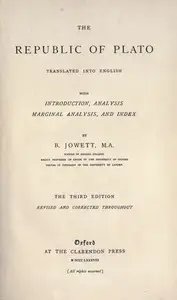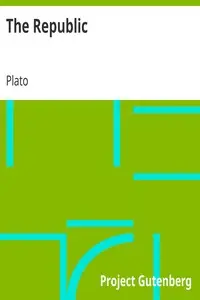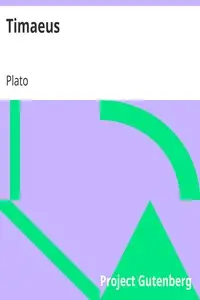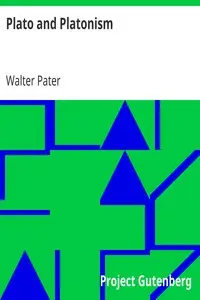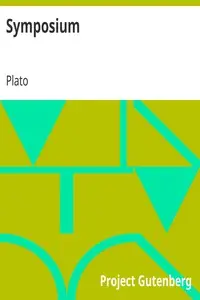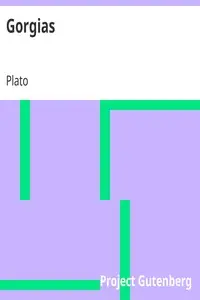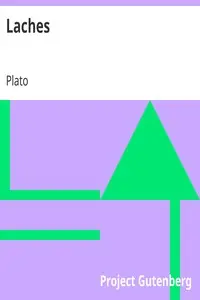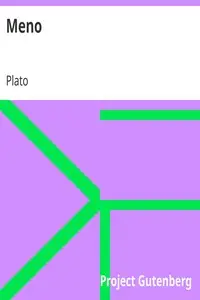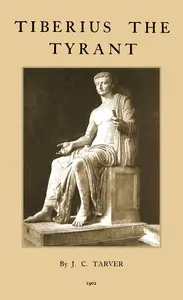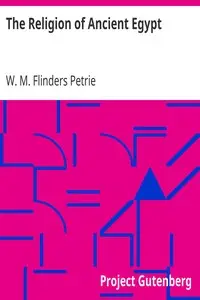"Parmenides" by Plato is a philosophical discussion from ancient times where big ideas about what exists and how things are connected get a workout. The story kicks off with a retelling of a meeting between some seriously brainy people—like Socrates and Parmenides—who are trying to figure out the deal with "the One" and "the Many." They're getting into arguments about existence, unity, and how our thoughts relate to the real world, and as they talk, they wrestle with tricky questions about what’s real and what’s just an idea. Getting to the bottom of Zeno's arguments becomes Socrates' mission, and the dialogue digs deep into philosophical questions about the relationship between ideas and the world.
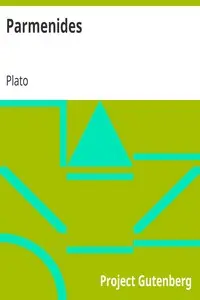
Parmenides
By Plato
In ancient Athens, philosophical titans clash over the perplexing nature of existence, unity, and the connection between ideas and reality.
Genres
Released
1999-03-01
Formats
epub (images)
epub
epub3 (images)
mobi (images)
mobi
txt
Free Download
Summary
About the AuthorPlato, born Aristocles, was an ancient Greek philosopher of the Classical period who is considered a foundational thinker in Western philosophy and an innovator of the written dialogue and dialectic forms. He raised problems for what became all the major areas of both theoretical philosophy and practical philosophy, and was the founder of the Platonic Academy, a philosophical school in Athens where Plato taught the doctrines that would later become known as Platonism.
Plato, born Aristocles, was an ancient Greek philosopher of the Classical period who is considered a foundational thinker in Western philosophy and an innovator of the written dialogue and dialectic forms. He raised problems for what became all the major areas of both theoretical philosophy and practical philosophy, and was the founder of the Platonic Academy, a philosophical school in Athens where Plato taught the doctrines that would later become known as Platonism.
Total Reviews
10.0k
Total reviews from Goodreads may change


